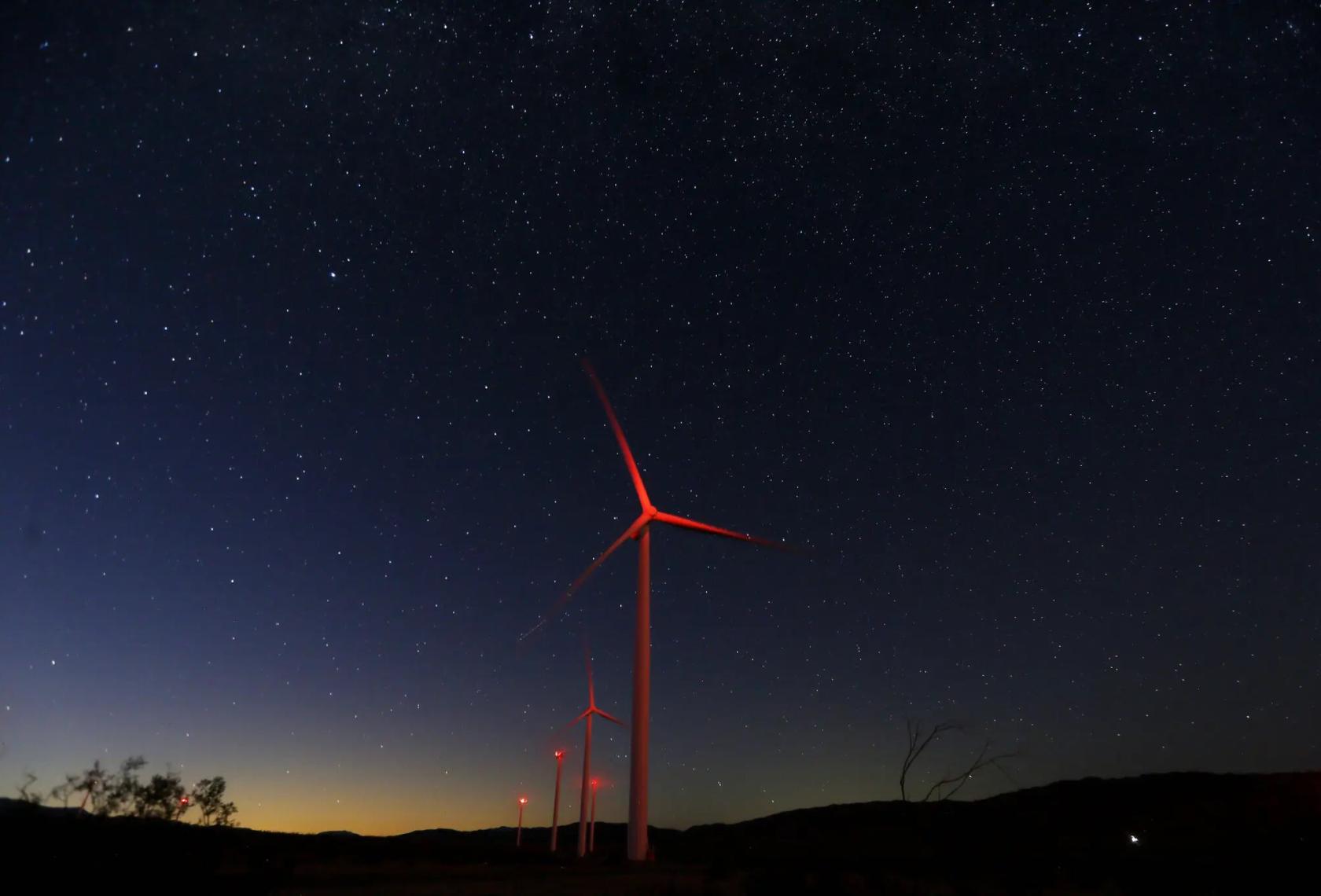

COVID-19 Fact Checks Reduce Misperceptions — Though Only in the Short-Term
Misinformation around COVID-19 circulated widely throughout the pandemic, exacerbating the severity of the global health crisis. Many journalists and social media companies sought to correct these inaccuracies by adding fact-checking mechanisms to their platforms.
![]() A team of researchers including Andy Guess of the Princeton School of Public and International Affairs investigated the effectiveness of fact-checks seeking to correct false information surrounding the pandemic. They conducted survey experiments in the United States, Great Britain, and Canada.
A team of researchers including Andy Guess of the Princeton School of Public and International Affairs investigated the effectiveness of fact-checks seeking to correct false information surrounding the pandemic. They conducted survey experiments in the United States, Great Britain, and Canada.
These countries all had differing levels of political conflict over the pandemic response, making them good test cases. More than 12,000 respondents across all three countries took part in the surveys, which occurred over multiple waves depending on country-level data, and all respondents provided informed consent.
Findings
The researchers found that fact-checks reduced COVID-19 misconceptions in all three countries, especially among people who were previously the most misinformed or susceptible to distrusting established authorities. However, this reduction didn’t last, even after repeated exposure to COVID fact-checks.
Interestingly, the researchers found a parallel erosion of the effects of fact-checks in the United States and Great Britain. Because both countries had different pandemic responses — and different attitudes toward COVID-19 — this finding shows that controversy over the pandemic may not by itself be responsible for the decrease in fact-check effects.
Policy Point
The results suggest that fact-checks can successfully increase the accuracy of COVID-19 factual beliefs of the people who would benefit from them most. Unfortunately, their effects are ephemeral.
To be more long-lasting, the messaging campaigns probably need to be designed to be more continuous, repetitive, and long-term,” Guess said.
Funders
- National Science Foundation (grant no. 2028485, B.N.)
- Economic and Social Research Council (grant no. ES/V004883/1, J.R.)
- Munk School of Global Affairs & Public Policy and the Dean of the Faculty of Arts & Science at the University of Toronto
Resources
Read the academic paper, “The ephemeral effects of fact-checks on COVID-19 misperceptions in the United States, Great Britain and Canada,” published in Nature Human Behaviour on Feb. 3.
Read the Twitter thread explainer by Brendan Nyhan.
New work out by @andyguess of @Princeton and others on the effects of fact-checks on #COVID19 misperceptions. ⬇️👀 https://t.co/dixR1QT5Ly
— Princeton School of Public & International Affairs (@PrincetonSPIA) February 3, 2022
More at SPIA
Detecting, analyzing, and ultimately combating disinformation efforts requires new tools and scientific approaches. Researchers at SPIA are leading the charge. Check out this disinformation project by the Empirical Studies of Conflict (ESOC), co-led by Jacob N. Shapiro and Ethan Kapstein. Through this project, ESOC is working on identifying disinformation campaigns and their effects on worldwide democratic elections and, more recently, the COVID-19 pandemic.


